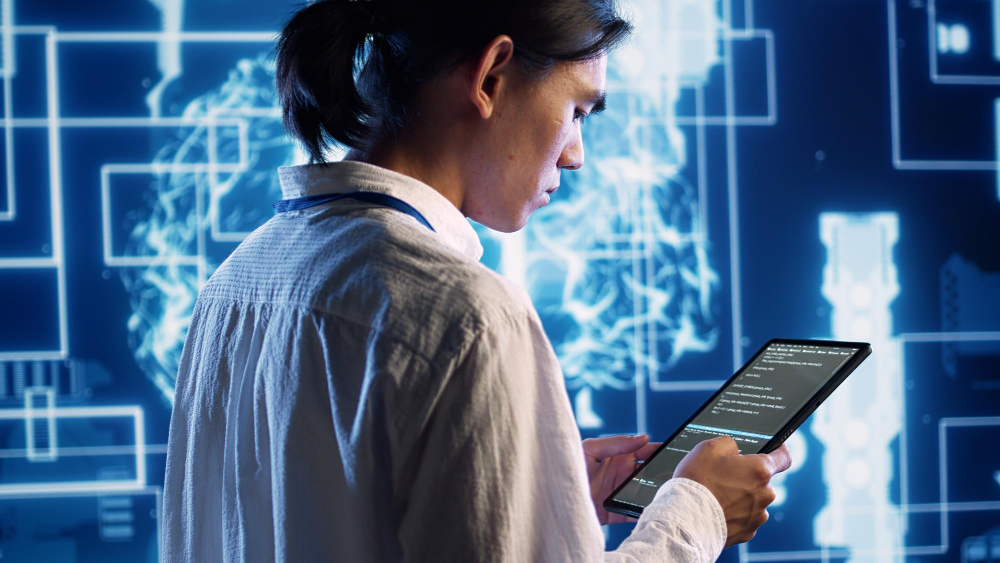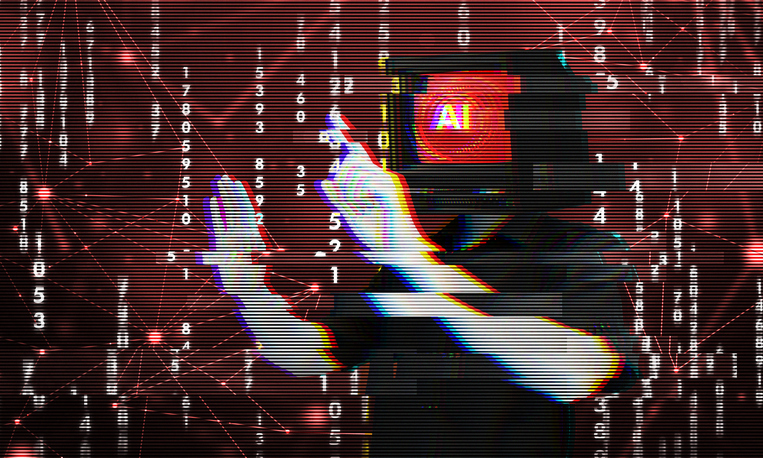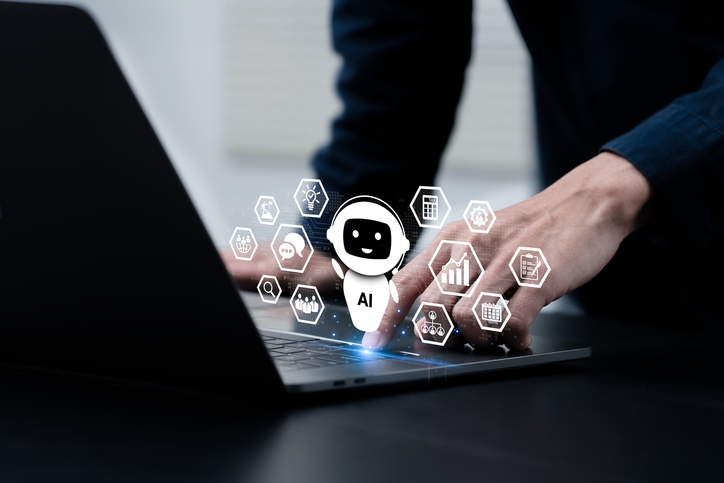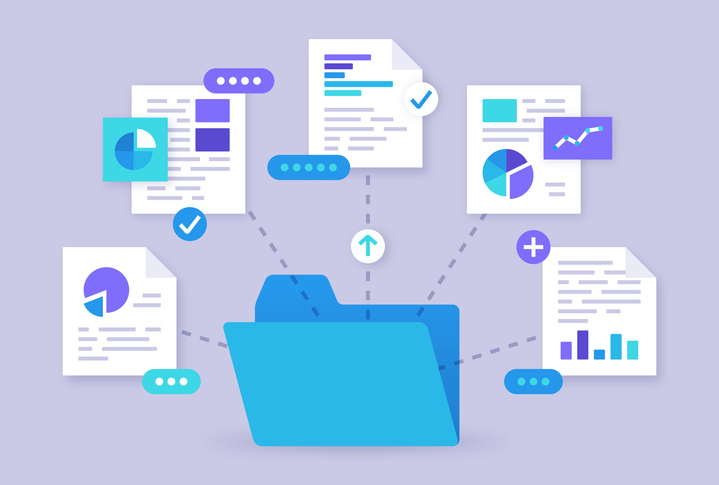Modern technology is simply an advancement or innovation of old technology. An easy example is the move from VHS to DVD, to downloads.
>See also: Modern technology: advantages and disadvantages
With increased efficiency and cost savings – to a name a couple, modern technology is positively transforming business and social circles.
Here are 5 advantages of modern technology.
Education
The education sector is beginning to benefit from the growing list of technologies that are emerging from behind the scenes in other industries: continually improving connectivity, for example.
As businesses transition into a state of increased connectivity, it makes sense that the education sector should embrace this digital frontier – perhaps more so than other industries.
Connected online platforms will prepare students for the realities of the modern workplace, but also the millennial generation – and Generation Z behind them – will expect this move to an online, digital platform at school level.
>See also: Technology: Solving the case of modern policing
Unlike children from previous generations, the millennial generation has grown up with laptops, smartphones, tablets and social media at their disposal. Integrating these technologies – a combination of modern devices and integrated data analytics and AI – into learning is a natural progression that will take away the stringent learning barriers of the classroom.
Healthcare
As modern technologies like the Internet of Things have taken off, its impact on the healthcare sector is particularly strong. The IoT provides healthcare organisations with a variety of patient data from an equally mixed bag of internet-connected devices in real-time.
This 24/7 access dramatically benefits patient health and life quality. But, this type of remote healthcare modelling, whereby a person is in and out of the GP/hospital as little as possible, is still in its infancy.
In Norway, Dignio – a mobile healthcare technological solutions company – is seeking to transform healthcare infrastructure into a more efficient, proactive service through technology enabled by the IoT.
Lars Dahle, founder and CEO of Dignio, told Information Age that the problem facing global healthcare services originates from this idea that, in the majority of instances, patients are only admitted to hospital once they are ill.
>See also: Improving patient care through technology
It is this inevitable overcrowding that wastes time, money, skills and most importantly, undermines patients’ welfare.The solution to the healthcare crisis facing many countries, suggested Dahle, takes the form of preventative care.
The company has employed a mobile, wireless-based solution that monitors elderly patients from home in order to premeditate illness based on the data being transmitted to Dignio’s software platform in the cloud, via a host of easy-to-use devices.
Productivity
3D printing, the IoT, AI or analytics. All these technologies, or a combination of them, are transforming the idea of productivity. The ability to 3D print a house, or have access to real-time machine data provides businesses across sectors with the ability to enhance productivity levels to new frontiers – smashing the glass ceiling above them.
Artificial intelligence, for example, will begin to take over the more menial tasks within an organisation, and allow employees to focus on more innovative and dynamic approaches to improve operations.
>See also: IoT ushering in the era of physical/digital convergence at LiveWorx 2017
Technology, in this regard, will allow human’s to maximise their own capabilities. Time is a precious resource, one which tech frees up.
“Digitalisation will offer a new approach where labour and time-intensive processes can be shifted to allow for more value-added work to take place,” explained Matt Weston, director at Robert Half UK.
Finance
Financial services are being improved by one technology in particular – blockchain.
Research from leading recruitment specialist, Robert Half Financial Services, has revealed 52% of financial services leaders have implemented blockchain due to the ability to facilitate transactions, combined with the speed and cost benefits.
It doesn’t end here with cryptocurrencies based in blockchain, like Bitcoin or Ethereum, beginning to impact the established order of value exchange.
>See also: 7 industries that will be radically changed by the IoT
Of course, there are many more areas and sectors benefiting from what many are calling the Fourth Industrial Revolution: policing and the renewable energy sector for example.
The implications of modern technology are ultimately vast for how humans interact with each other and how businesses do business.







